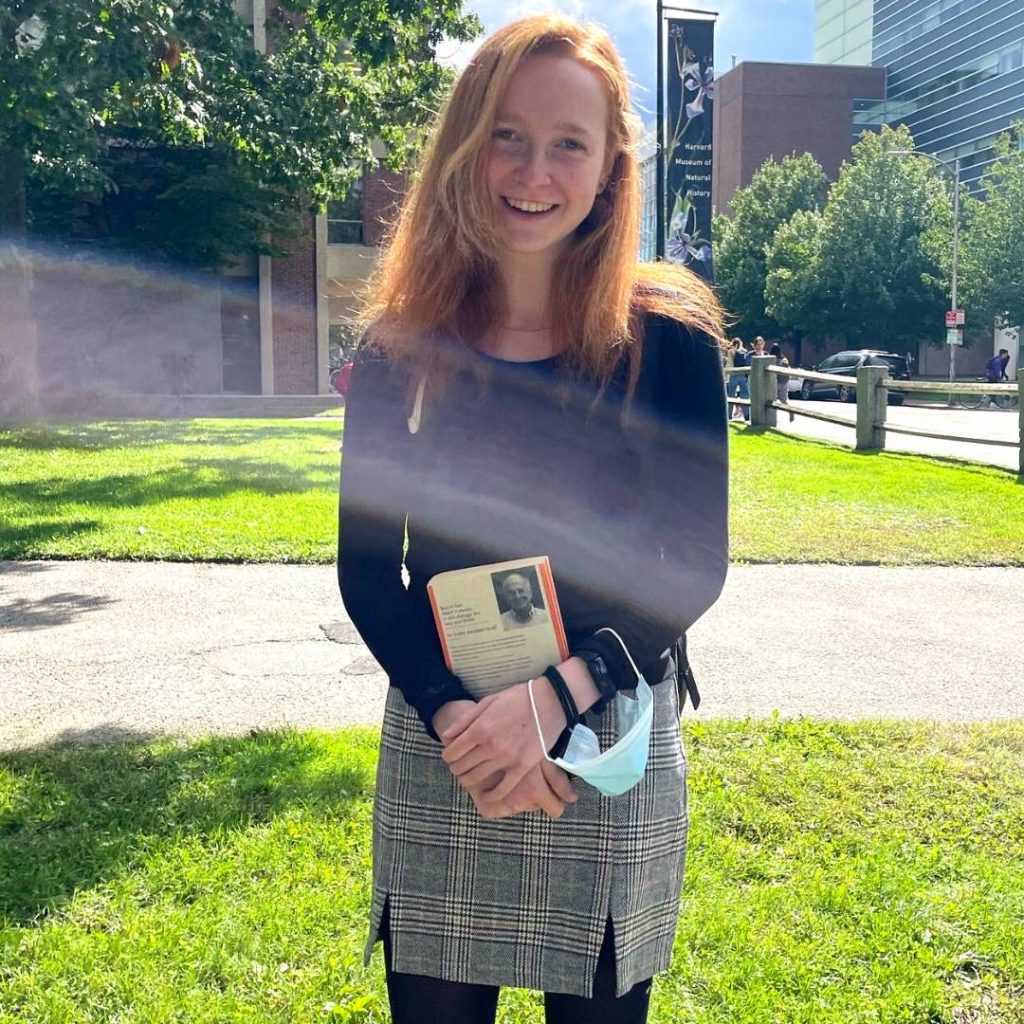Describe your life prior to diagnosis:
I was very sick as a child before being diagnosed with celiac disease. I was constantly shaking, bloated, fatigued, and always had a stomachache, too. I slept 20 hours a day sleeping and learned to walk at a very late age, so I missed out on some early childhood experiences.
How did you come to know (or suspect) that you have celiac disease?
It was quite clear that I was an ill child from the way I looked, my stomach problems, and overall lack of mobility. My family really had no idea what was wrong with me, and neither did the doctors. Still, my parents kept pushing and taking me to different doctors and hospitals. I am so grateful for what they did for me.
I think the turning point was when I went on a summer holiday to Germany with my family. I must have ingested a lot of gluten because I became extremely sick. I was diagnosed with celiac disease soon after this.
How long did it take for you to get diagnosed since your first symptoms and what (if any) challenges did you face along the way?
Unfortunately, it took about a year for me to be diagnosed and my symptoms worsened over that time. I was diagnosed in 2004 when it was not as common to be tested for celiac disease, even though I had all the textbook symptoms of celiac disease. I think it is much better nowadays, but if it hadn’t been for the persistence of my parents, I might not have been diagnosed until much later on.
Describe your experience with living with celiac disease:
Even though I have been living with celiac disease for almost all of my life, I still find it immensely challenging.
At home, my whole family ate only gluten-free food to avoid any possible cross-contact, so I knew that everything was completely safe and I felt totally comfortable. However, the transition to college was made so much harder due to my celiac disease. I found myself having to eat in dining halls, where suddenly I had to be very careful about reading all the labels and ensuring that there was no cross-contact. After a mix-up caused me to eat something that was mislabelled, my diet became even more restricted. This definitely affected my confidence. I find myself needing to have total control over what I eat, which makes being at university difficult sometimes. Eating at restaurants can be anxiety-provoking, too, and it definitely makes certain social situations more stressful. I wish people would talk more about these mental challenges that accompany celiac disease.
I would also like to see people take celiac disease more seriously. Some people think that it’s just a small stomach ache after eating some bread. It’s not. It’s shaking until you faint in the bathroom, it’s throwing up again and again, it’s curling up with terrible stomach cramps and eating crackers for days. It’s feeling sick and tired for days afterwards. There are serious physical and mental consequences.
Is there anything else you’d like to add to your story?
I am simply amazed by the transformation that the gluten-free diet has had on my life. I went from being a very sick child who couldn’t walk, who people thought would be in a wheelchair, to now having the opportunity to study and play college squash at Harvard University. I could never have turned my life around if I had not been diagnosed with celiac disease.
The reason I wanted to share my story is that it is important to me that people see what a difference changing your diet can have on your life. I admit that celiac disease has provided me with some incredibly low moments—anxiety around eating out and with other people; stress about gluten exposure; obsession around controlling what I eat; missing important squash competitions due to accidental glutenings—however, I feel that the challenges I have overcome living with this have allowed me to become the person I am today.
One thing I have been thinking about recently is how we can reach people suffering with celiac disease in lower income countries. How can we help them and create effective interventions or programs to educate people about gluten and celiac disease? I’d like to be a part of addressing this issue in the future.



